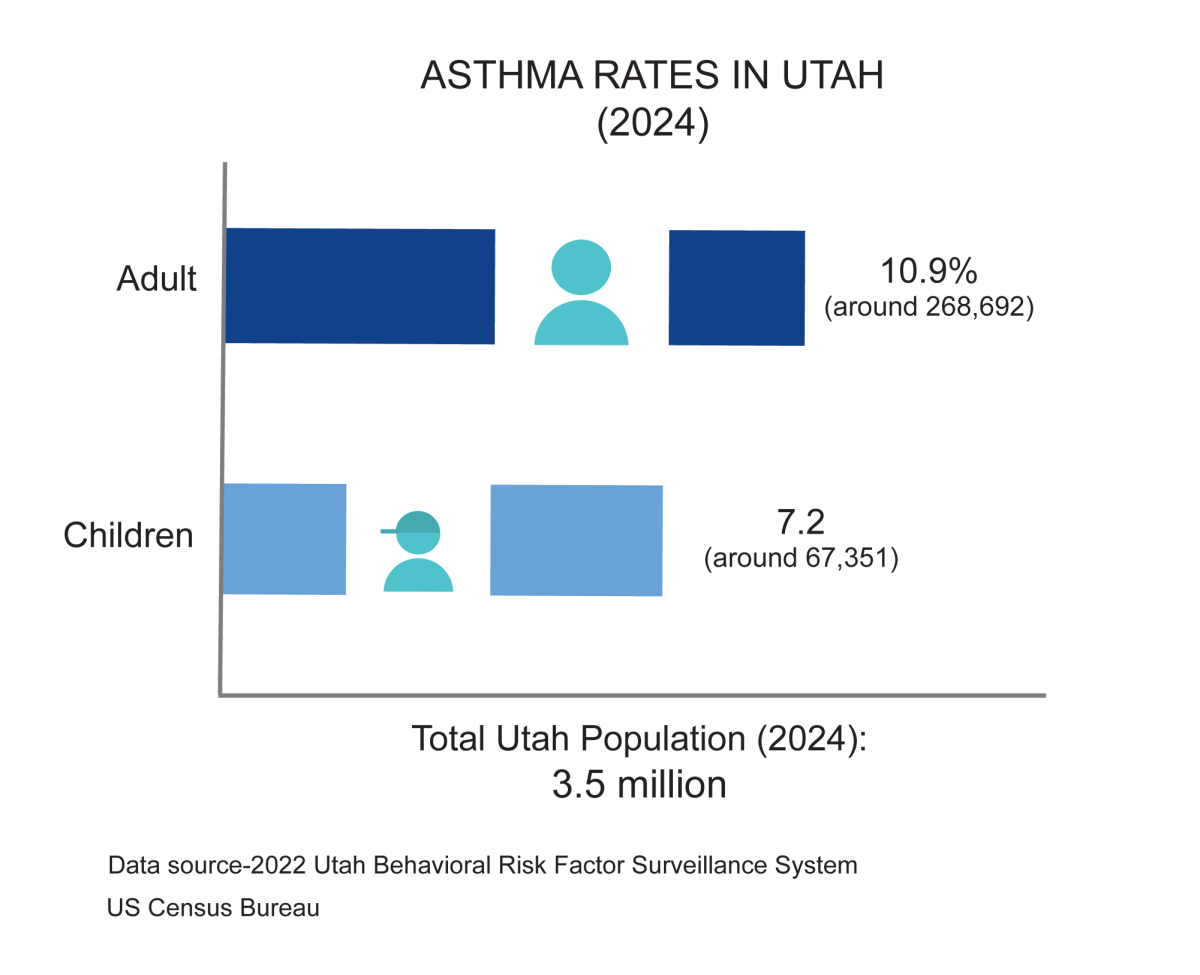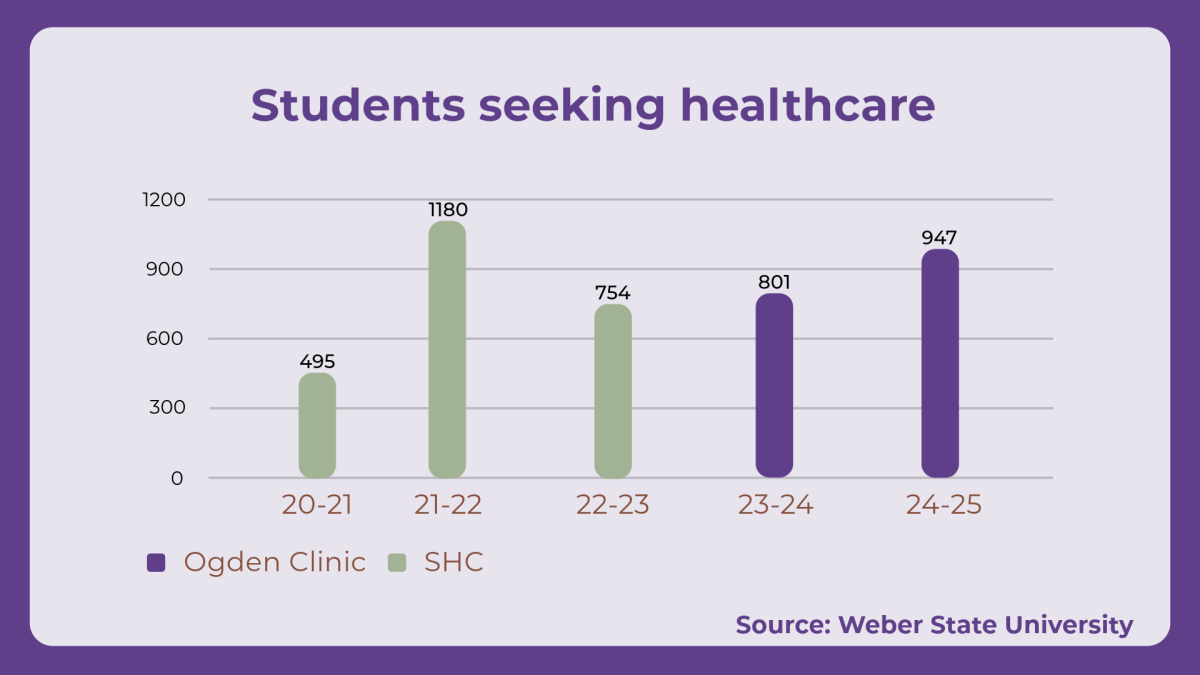
Too often phrases such as, “I’m so depressed today,” and “Man, this is too depressing” are thrown around thoughtlessly. It has become common for people to use the words “sadness” and “depression” interchangeably during normal conversation. For those who deal with depression the difference between these two words is enormous.
Depression, defined by the Merriam-Webster dictionary, is as follows, “a psycho-neurotic or psychotic disorder marked especially by sadness, inactivity, difficulty in thinking and concentration, a significant increase or decrease in appetite and time spent sleeping, feelings of dejection and hopelessness and sometimes suicidal tendencies.”
In other words depression is more severe than sadness.
A person may feel sad because they weren’t invited to a certain party or that they didn’t quite get the grade they had hoped to on their last exam. Those events can leave people in a temporary state of sadness but the effects aren’t lasting. The person can grieve normally through the sadness and then return to their normal life – it is not something that will affect them in the long term.
Depression affects a person’s physical, mental and emotional health. Depression can cloud a person’s thoughts and makes them feel helpless. It can cause a person to be overly self-critical which can lead to an overwhelming amount of negative thoughts. The thoughts begin to feel impossible to escape.
In addition to feeling mentally drained the physical side of depression can result in frequent crying, change in appetite, trouble concentrating and attempts in suicide.
The line between sadness and depression can become blurred in today’s society. A clear distinction between sadness and depression is that you aren’t able to control the changes that are taking place.
For example when you’re feeling sad you may want to reach for that pint of ice cream at the back of the freezer or swing by your favorite fast food place for some fries. Generally this is a one time occurrence and once the sadness has passed you no longer feel the need to reach out for your favorite comfort food.
However, depression can cause severe changes and difficulty in a person’s appetite over a long period of time. The problems can fall on either side of the spectrum – a person can begin to overeat as a result of the depression or on the opposite end of the spectrum they may began to withdraw from food causing themselves to become malnourished.
A statistic from the National Institute of Mental Health said, “In 2012, an estimated 16 million adults aged 18 or older in the U.S. had at least one major depressive episode in the past year.”
Depression does not discriminate who it affects. Depression doesn’t care about gender, age, race or the financial bracket a person belongs to – it can happen to anyone. There is hope though, there are treatments for depression that can help. Treatments can range from simple therapy sessions to a prescription drug to help alleviate the symptoms. Each individual is different but depression can be treated and controlled using a variety of methods.
In an article on the SAVE (Suicide Awareness Voices of Education) said, “80 percent of people that seek treatment for depression are treated successfully.”
If you, or someone you know, is experiencing any of the signs of depression visit the Counseling & Psychological Services Center which is located on the 2nd floor of the Student Services Center.
They can also be reached by phone at 801-626-6406 and online at www.weber.edu/CounselingCenter/depression.html.







